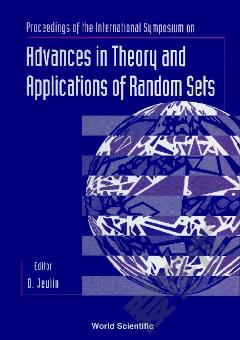Perturbation Theory: Advances in Research and Applications
Perturbation Theory: Advances in Research and Applications begins with a deliberation on the development of a formalism of the Exchange perturbation theory (EPT) that accounts for the general identity principle of electrons that belong to different atomic centres. The possible applications of the theory concerning scattering and collision problems are discussed, and the authors apply the TDEPT to the description of the positron scattering on a Lithium atom as an example. Next, spin fluctuations in metallic multiband systems are discussed, including how to calculate the effect of itinerant spin excitations on the electronic properties and formulate a theory of spin fluctuation-induced superconductivity. The function of spin-orbit coupling is emphasized. Following this, the authors review how, governed by chiral symmetry, the long- and intermediate-range parts of the $NN$ potential unfold order by order, proceeding up to sixth order where convergence is achieved. Perturbative and nonperturbative approaches to nuclear amplitude are discussed, including the implications for renormalization. Continuing, this book presents proof of the good convergence properties of the new expansions on mathematical models that simulate the physical polarization function for light quarks and its derivative (the Adler function), in various prescriptions of renormalization-group summation. An overview of the calculation of one-loop corrections to the baryon axial vector current in the large-Nc heavy baryon chiral perturbation theory is offered, where Nc is the number of color charges. The matrix elements of the space components of the renormalization of the baryon axial vector current between SU(6) symmetric states yield the values of the axial vector couplings.
{{comment.content}}








 京公网安备 11010802027623号
京公网安备 11010802027623号